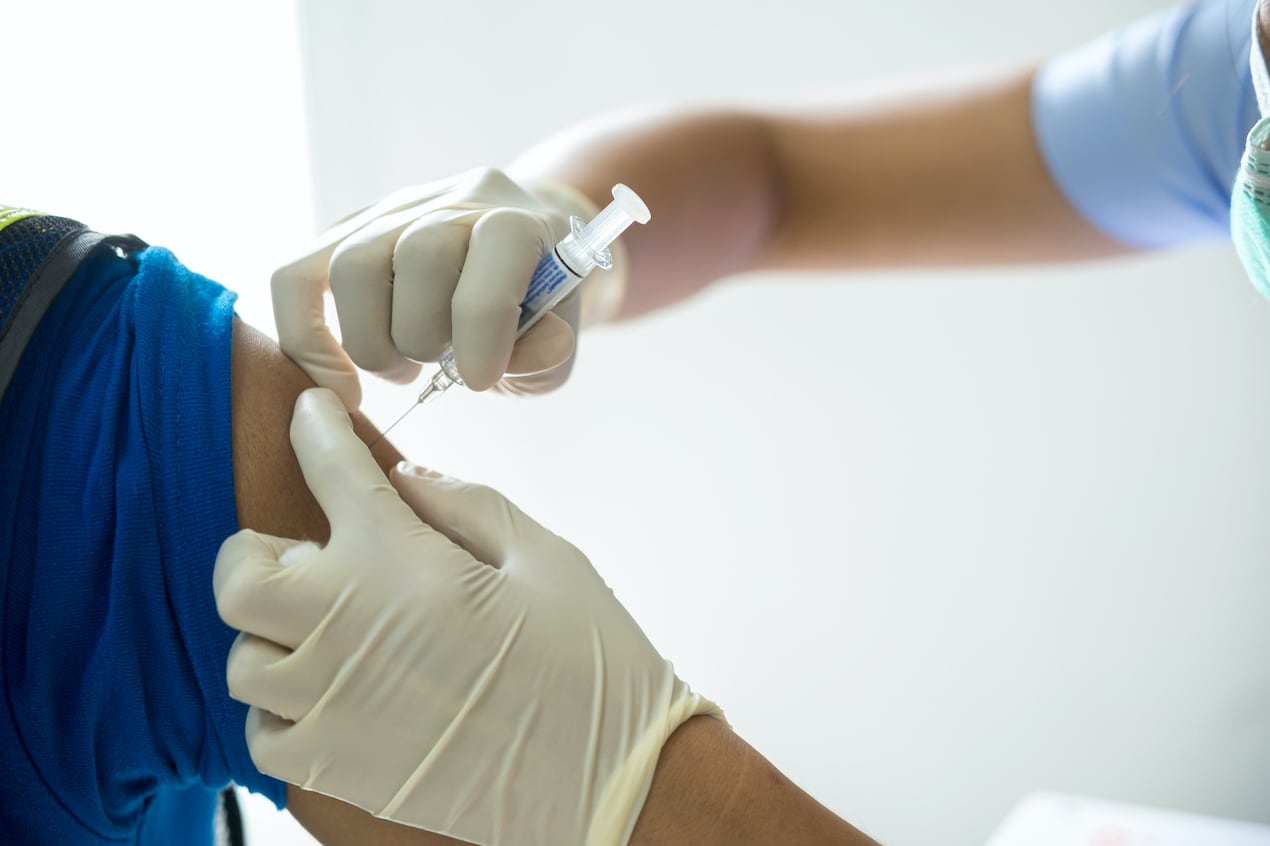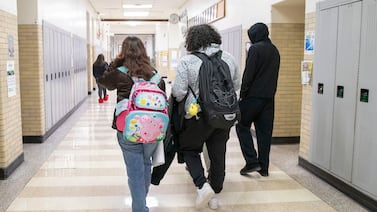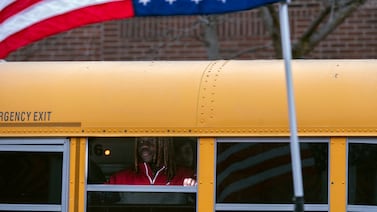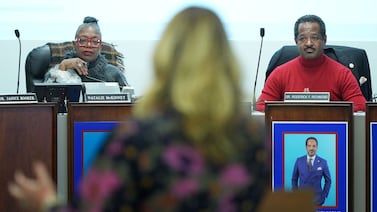After Colorado teachers and child care workers are fully vaccinated, they will no longer have to quarantine after exposure to COVID, Gov. Jared Polis and State Epidemiologist Rachel Herlihy said Tuesday.
It’s still not entirely clear when educators will be vaccinated on a large scale. The Denver Post reported Monday that Colorado National Guard Brig. Gen. Scott Sherman, who is heading up vaccine distribution, said teachers and child care workers would get priority ahead of other essential workers in the next phase of vaccination.
When that will be depends largely on supply from the federal government, Polis said, adding that he hopes to release more details later this week.
“We believe the continuity of education, of child care, is a linchpin of society,” Polis said. “We want to make sure that even if there is another spike, we can maintain in-person learning.”
Herlihy said the new quarantine policy will apply to people in low-risk settings who are two weeks past their second shot of the two-dose vaccines. Schools and child care centers are considered low risk. The Moderna and Pfizer vaccines are 94% to 95% effective in preventing symptomatic COVID infection in people who have received both doses.
Not requiring vaccinated teachers to quarantine would have limited impact this school year, as most teachers won’t have full immunity until sometime in April and most Colorado schools end the academic year in May. Nonetheless, Polis said he expects the change to give school leaders more “operational flexibility” in a state where frequent disruptions from quarantines have sometimes led entire schools and districts to switch to remote learning.
No vaccine is currently authorized for use in children, and the general public will not be vaccinated until summer at the earliest, which means that COVID likely will continue to circulate in the community and school buildings into the fall, even if cases are lower than current rates.
Colorado is roughly 85% done with vaccination Phase 1A, which includes health care workers who treat COVID patients and nursing home residents. State officials hope to complete the first half of Phase 1B, which includes moderate-risk health care workers, first responders like police officers and paramedics, and people 70 and older, by the end of February.
While some school staff such as nurses, therapists, and even campus security officers are getting vaccinated now, classroom teachers have been told to wait. However, the state could move into the second half of Phase 1B before the first half is completely done.
Polis said he hopes groups in the second half of Phase 1B can start to be vaccinated before the end of February, but cannot promise that yet. Colorado is also considering giving higher priority to people age 65 and up in response to new federal guidance. The more people in Phase 1B, though, the longer it will take to vaccinate all the interested and eligible people in that phase.
Polis estimated Colorado could administer the vaccine about three to five times faster than the current pace if enough supply were available.





